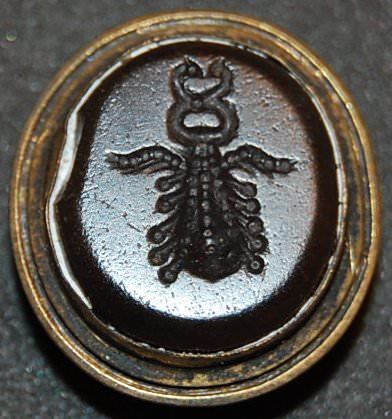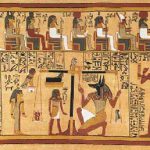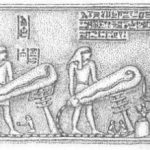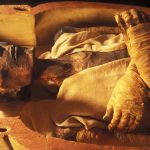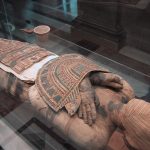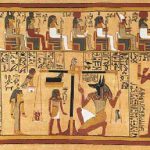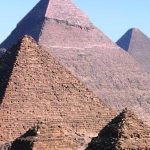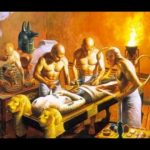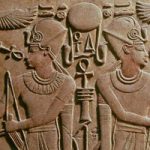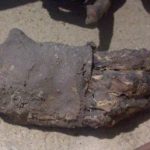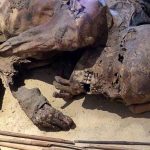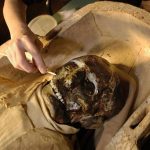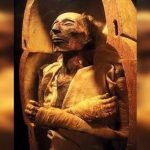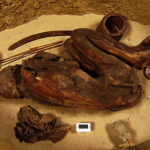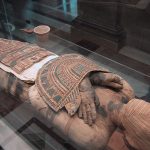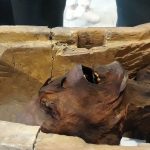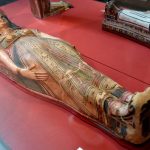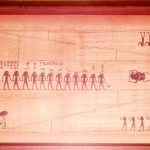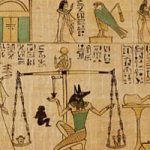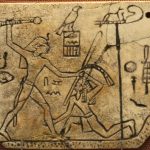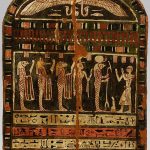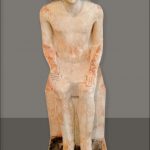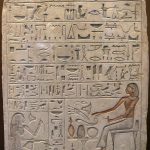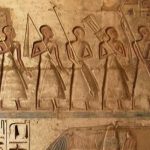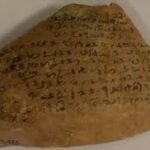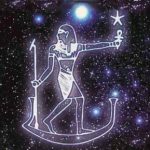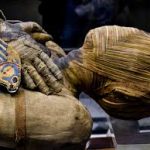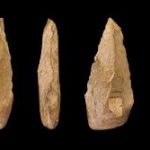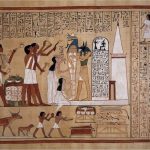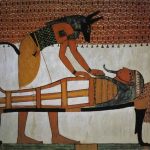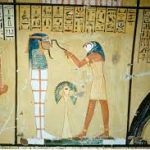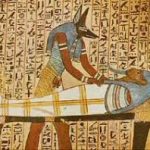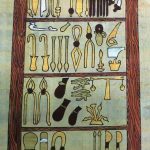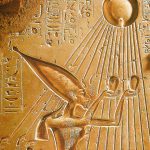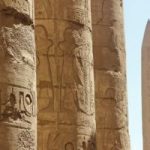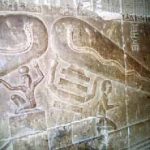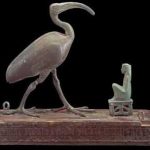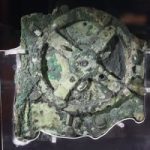All these doctors practiced a combination of what one today would consider practical medicine and magic. Since disease came from supernatural sources, it was reasonable to conclude that supernatural treatment was the best recourse. In the present day, one may look back on these beliefs and practices with skepticism, but they were regarded as quite effective and entirely practical in their day.

Scholars and physicians in modern times are unable to substantiate just how effective they were because they are unable to positively identify the elements, diseases, and procedures mentioned in many of the texts. Some Egyptian words do not correspond to any known plant or object used in treatment or any known disease. Although the ancient Egyptian doctors did not have a full understanding of the functions of internal organs, they somehow managed to treat their patients well enough that their prescriptions and practices were copied and applied for millennia. The Greeks, especially, found Egyptian medical practices admirable. Plato mentions Egyptian doctors in his Dialogues and even swears by them as one would a god. The Greeks, in fact, served as the conduit through which Egyptian medical practices would reach a wider audience. Egyptologist Margaret Bunson explains:
The Greeks honored many of the early Egyptian priest-physicians, especially Imhotep, whom they equated with their god Asclepius. When they recorded the Egyptian medical customs and procedures, however, they included the magic and incantations used by the priests which made medicine appear trivial or a superstitious aspect of Egyptian life. Magical spells were indeed a part of Egyptian medicine…nevertheless, scholars have long recognized that the Egyptians carefully observed various ailments, injuries, and physical deformities, and offered many prescriptions for their relief. (158)
The god Heka presided over both medicine and magic and his staff of two entwined serpents would become the caduceus of Asclepius of the Greeks and, today, the symbol of the medical profession. Sekhmet, Serket (also Selket), Nefertum, Bes, Tawawret, and Sobek were all associated with health and healing in one aspect or another but so were powerful goddesses like Isis and Hathor and even those with darker personalities, usually feared, like Set or the demon-god Pazuzu. Any of these deities could be called upon by a medical practitioner to drive away evil demons, placate angry ghosts, rescind their choice to send the disease, or generate healing energies.


